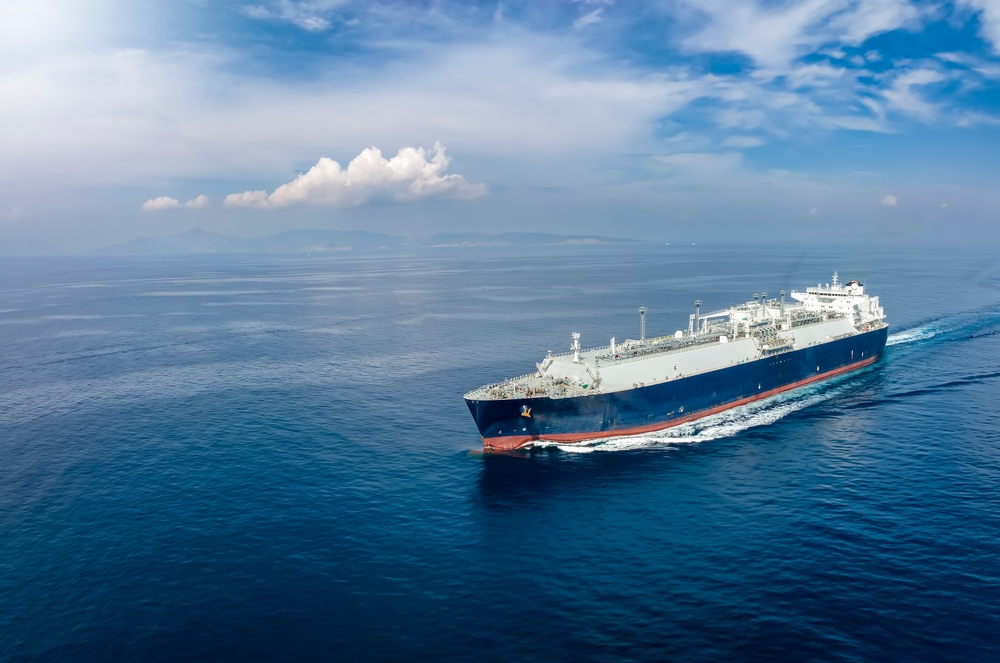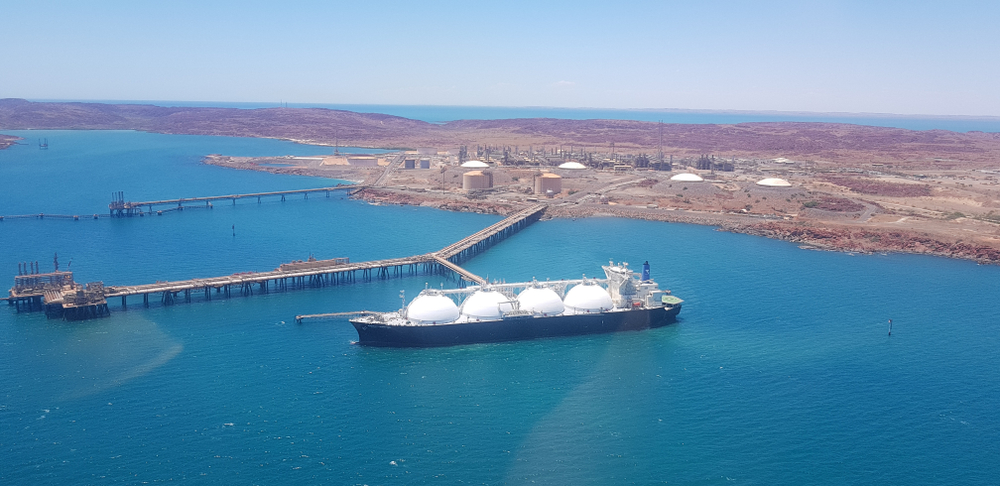
More than $122 billion of economic activity – $81 billion in international trade – is at risk from the impact of extreme climate events, according to new research from Oxford’s Environmental Change Institute.
According to the paper in Nature Climate Change, systemic impacts – those risks faced due to knock-on effects within global shipping, trade and supply chains network – will hit ports and economies around the world, even if the local ports are not directly affected by extreme events.
According to the study, some $81 billion per year maritime trade is at-risk, around 60 per cent of which is because of cross-border knock-on effects; those outside a country’s own jurisdiction.
Parts of northern Europe, the western United States, Southern Australia, the Middle East and West Africa are particularly expected to feel such effects, mainly because of dependencies on East Asian ports. This is important because the risks faced as a result of foreign dependencies on ports are often overlooked. This became dramatically visible when Ukraine grain ports suddenly closed due to the Russian invasion.
When the spill-over disruptions to dependent ports, trade flows, global supply-chains are taken into account, this adds up to a total potential at-risk cost of at least $122 billion of economic activity – say the researchers.
Dr Jasper Verschuur, lead author of the paper said: “This clearly highlights the importance of quantifying these so-called systemic risks, as only looking at localised damage to infrastructure can hide the wider economic losses that could materialise during extreme events.”
According to the research. the top 10 most at-risk economies include Taiwan, Macau, Hong Kong and some small island developing states (SIDS), which have on average more than 0.5 per cent of all final consumption expected to be disrupted each year, but much more for certain sectors that are critically dependent on maritime imports.
Dr Verschuur said: “The difficulty that SIDS especially face is that they rely on a small number of regional ports that are particularly prone to climate extremes, with limited flexibility in the system to divert goods in case of disruptions.”
Calling on countries to consider regulation to mitigate potential impacts of climate extremes, the research team suggests identifying alternative trading routes or partners, and improving the resilience of port systems to such shocks.
Another author, leading climate adaptation expert, Professor Jim Hall said: “Our research allows policy makers for the first time to evaluate the risk of trade-related disruptions outside their own jurisdictions. We have tried to emphasise that countries need to come together to make sure that risks are addressed across global networks and supply chains.”
Dr Verschuur continued: “Adapting ports to climate change, which will be urgently needed in the future, can be considered a global public good, which should be help unlock much needed climate finance is this overlooked sector. Our research can help make the business case for doing so.”
A previous analysis by the same researchers already revealed that physical damages to ports from storms, floods and other climatic extremes can add up to almost US$8 billion of losses each year.
The paper can be accesses here: https://www.nature.com/articles/s41558-023-01754-w.









